MIDDLE EARTH, European translations (Middel-erde – Middellærd – Miðgarðr -Oikouménê)
1 – Ethics of the synthetic traveller, draft of an intermediate report.
Just 7 months ago (213 days and 213 nights), I throw myself in a tour of Europe by footbike, alone, with a tent, a stove, a bunch of clothes, enough to write, take pictures, raise funds for a charity and share stories. I started in France (Caen, Normandie) in the heart of winter, to first rejoin Tarifa (Spain), the extreme southern point of european peninsula; I crossed Gibraltar and breathed the sand and mint of the Moroccan seashores in Tanger, then sailed the Mediterranean Sea to rally Marseille, and keep on with the terrestrial rhythm of the 50 to 70 daily kilometers, kicked with my legs, whatever the relief, whatever the road, whatever the weather, whatever the environment. Provence, Alps, Italy, Slovenia, Croatia, Bosnia, Albania, Greece, until Turkey, where I began, by the western coast of Asia Minor, the Dardanelles Detroit and occidental Thrace, the long-stretched ride towards North Cape (Norway), the extreme norther point of european peninsula: Bulgaria, Serbia, Hungary, Slovakia, then Poland where I’m in at the present time, about to enter Lithuania, and get through Latvia, Estonia, Finland, before my way goes south again through Norway, Shetland Islands, Scotland, Britain, and France again.
Gone in the quest for a good life, I, as people say, « left everything » in order to lead my investigations. Prompted by the immaterial luggage and convictions which had progressively led me to change my way of life and to throw such a physical and human challenge, I sold my earthly possessions, decided to live on little and travel unsupported, leading a simple life, without any certainty of having the means to lead the attempt to its end, convinced of the necessity of swimming against the touristic and urbanist reason.
7 months of solitary nomadism, physical endurance, during which the journey grow like an organism, unfurling multiple dimensions, letting lessons project in a complex temporality, to which sedentary life makes one widely insensible. Far from the passive mobility of the softened passenger of a train, a Boeing or an autocar, for whom the more stronger the shock at the arrival the more the greater distance will be covered in a minimum of time, and by the cause of which obliteration of intermediates realities slow stripping does not allow to understand where one is arriving, and from where one made off; far from the boot-up, under the mask of an encounter (half part soilless), of a flabby narcissistic experience; self-propelled roaming requires a government of oneself of which the apprenticeship doubles indistinctly the fabric of the geo-cultural adventure. There is few room for letting oneself go in this ethical and earthly examination. If it does surface, it is almost immediately sanctioned by an existential inanity that swells up in the walk and drains the wanderer. Thus, exploration of the world as an answer to one’s own finitude, but above all, as a school of realism is at first a thing one conducts, if in the commandment of action one grasps that must be preserved a suppleness that has to do with immersion (geographical, historical, humane, animal, wildish, environmental) and to do with the waiting of retroactive effects, on the agent, of its choices of direction. It is, then, the empirical rank of exploration that is given back to it: to form oneself as much as to inform, namely to learn and to govern oneself; historia and autopsia. In other words, it’s about letting be and happen the lesson on an active mode, and under certain conditions, all form of experiments not contributing to eudemonism (eudaimonia – happiness or beatitude), which pertains with a certain virtue. The conduct of one’s behavior (ethics: a search for the right praxis, opening the doors of good and happiness, individual and common) is a methodical preparation of the ground, as much as it is the ground moulded by method, in every personal dimensions (food, management of the effort, of physical and moral difficulties, of tempo, of self tuning to, etc) and in every level of experience (moving, apperception, intellection, learning, interaction, retroaction, etc). In that aspect, it seems formal, but one must not forget that it is the fruit of action, as much as action is its fruit, and that it consists in a perpetual process of humble adjustments and small improving.
As an encounter, as much as a holist fabrication of the world in the conjugation of action, discovery and intellect, ethical apprenticeship answers to the datalover expert, the bookish instruction accumulator, that the bag of knowledge tools he is handling is at two-third empty. It is not to state that adventurous empiricism opens access to a (more) truthful, objective and total science (no metaphysical assumptions here about the essence of reality and nature of our knowledge), but it is to say that it uses more widely our epistemic abilities, and embeds in the synthetic tuition (organic, plastic, anticipative, retroactive and incomplete), the practice of a good life*.
* A practice of the adventurous life by what I call « the synthetic traveller in the 21th century » (from the greek sunthesis, the action of putting together, reunite). A notion I’m developing in an essay related to the travel.
2 – A sum of all the Europe(s).
15th of June 2016, Suchowola, Podlasie.
3 pm, I’m sitting on a bench, in the center of Suchowola, 2278 inhabitants. The public place, nearly square, is dominated by a white metallic arch, overhanging a large fountain; a rock is marking the site of the coordinates calculated by the astronom Sobiekrajski in 1775, 53° 35′ N 23° 06′ E: the center of Europe. If one ventures further off of the esplanade, one at once feels as if one’s leaving the town. The church, built in a late jesuitic baroque, raises in the stormy light, its walls becoming lilac. The strong wind makes the branches bow, throwing all the leaves in the same direction. Since I left Belgrad (Serbia), I must kick against that north-west wind, rarely weakening, and of which the violence often reaches its peak in the late afternoons. The grassy place is furbished with a few seats, ringed with residences, non adjoining houses, on a spreaded early 20th century model; one floor with low windows and a high peaky roof, enabling fitting out of the attic. Many of them are still in wood, other in red bricks. Colours range from off-white to mustard, glace chestnut to almond green to mousy grey. The small Posza building is there, the olive green Bank, the magazine kiosk like a scarlet bunker, a kebab with a terrace, a tiny cabin selling all sorts of ice creams, ameliorated coffees, as there are many in Poland. Numerous young persons, from college and high school, the town lays in a region with very few inhabitants, a lot of agricultural domains, forests and natural parcs, thus it gathers all the other activities and the youth. As a proof of its importance in the area, it possesses a Biedronka (ladybug) supermarket, a Portugese chain leader on the market of discount food (more than 70% of the market share). Sucholowa and its place stand with a heavy traffic road through them, the E67/S8. We are roughly 100km away from Lithuanian border, 50 km away from Bielorussia, it’s an artery for goods that pumps without break between Warsaw and Kowno, 450km afar, in Lithuania. The procession of trucks is thus ceaseless and predominant.
Where am I, after those 7 months of ride? Maybe temporarily halfway through the attempt, as well as halfway through in distance to kick, and I am too, as Suchowola town claims it, in the heart of Europe. It would be very simple to say, once and for all, the center of Europe, here it is. Though measured with the tool of geographical science, the former being the fruit of a historical processus, the latter being concerned as much with physical factors, as with human factors, it is one amongst centers, which numbers as many as there are representations of Europe, histories of Europe, and calculation methods (more than 7 places are now claiming to be at its center).
Nevertheless, when I reached Poland through the Carpathian chain, extricating myself out of Slovakia, I accessed a crossing in the lines of tension that makes the passional story of civilisations inhabiting so densely the tiny north-occidental peninsula of the gigantic Eufrasia. Perhaps it’s not a hazard if I find myself in the heart of Central Europe, one Europe a bunch of scholars like to say that geographically speaking, it has no reality. One should rather consider a crush zone, without geographical frontier, between an oceanic west with a maritime profile, grooved with numerous fluvial ways and exhibiting strongly uneven cut coasts, and a continental east with its large plains and huge forests, open onto the Asian steppes**. This is the story of a Europe (and a Russia) molded by its permeability to nomad hordes, unfurling one after another, with the cultural polarities that resulted from that, marking out its territories. One could see the last product to date of this configuration in the long lasting war of the 20th century (WWI, WWII, Balkans wars…) and its lively consequences. (There are west-east polarities, but too, as much fundamentals, north/south, north-west/south-east, with breaths in the radiation of big urban centers and their power of attraction).
What story (amongst other, each having a heuristic aspect) can a traveler, at the begining of the 21st century, start to tell, about those european dialectics he/she finds him/herself intricated with?
My crossing of the Balkans and of Asia Minor was unrolling the traumatic but sensual story of a Hellenic, Slavonic and Asian Europe, with its luminous Orthodoxy and Islam, somewhere between historical Byzance, Constantinople and Istanbul, from which the civilizations of writing and icons were plunging their roots in the mediterranean shores, the steppes of central Asia and the Fertile Croissant. The riding up north through the lands that spread above the Carpathians introduces the story of a Germanic, Baltic, Slavonic Europe, with its ancient Celtic orality, shamanic, its more inner religiosity and Reformist Enlightenments, that bloom on the shores of the Nordic and Baltic seas, streaming in the obscurity of Prussian and Polish forests, as far as to the borders of Scandinavia and the Oural. When I was kicking from West to East a few months ago (Nantes-Budapest challenge, summer 2015), it was telling a story about a Roman Carolingian Europe, irrigated by a Danube towing its Habsbourgian baroque and its catholicity through a corridor of low lands, throwing himself in the Black Sea.
One of the lesson of the journey is to see how preponderant a role geography plays in the constitution of cultures (another aspect is to see how preponderant a role cultures play in geographical variations…). The idea of Central Europe, with that very particular attempt at a diversion of a geo-historical state of things, focused hopes and continues to do so (Austro-Hungarian Empire is sometimes said to be its last multi-cultural solid incarnation). What can be the crucial part played by Poland, in the midst then of the stakes and territories, in the fabric of an imaginary organ, regulating epicenter (amongst epicenters) of pressions and moods of that European body (and of course, further more, of North Africa, Central Asia and Middle East, and further more the whole inhabited world as an island on a watery planet)?
If Central Europe, and simply Europe, is a cosmopolite ideal that shall be embodied in the confluence of boreal, austral, oriental and occidental arteries (an ubiquitous point), on which geo-cultural dynamics such an attempt can it rests?
Etienne Balibar, in « Europe a vanishing mediator » draws the portrait of a Europe with an intrinsic borderline caracter: « There is no absolute borderlines because Europe as such is a « borderline » ( or Borderland, to borrow Scott Malcomson’s beautiful title for a beautiful book on the Bosophorus and its region). More precisely it is a superposition of borderlines, hence a superposition of heterogeneous relations to the other histories and cultures of the world (at least many of them), which are reproduced within its own history and culture ». In consequence, he leans on Umberto Eco (who died whilst I was kicking through Italy), the only « genuine idiom of Europe is the practice of translation […] Europe is not the only region in the world where translations are made, where technologies, professional instructions, literary works, and sacred texts continuously pass from one idiom to another. But nowhere – not even in India or in China – was it necessary to organize to the same degree the political and pedagogical conditions of linguistic exchanges ».***
It stands out then that another democratic power could arise from a refocus of the people (demos) on its capacity of action, bound and speech, rather than on its capacity to produce national identity (« agency must have a privilege over identity »). Indeed, by whom but by people linked to one another, inhabiting overlaping territories and speaking interlacing languages, is the mega-history of civilisation played?
A Europe with humanist dynamics (come back of the demos on the political scene), boderline and translator should be able to assume its essentially cosmo-politic dimension. It has to do with a vocation, given how multi-culturalism and humanism are practices of translation and uniting things in commons. In vocation, there is the word voice( vocarer – vocco), the way to Europe could also be a way back (or towards) to the sources of its nomadic oralities, and towards the irriguant force of the myth, of which we know that it is constituent of the social glue. Myths by the thousand are plugging nowadays individuals on the liberal market’s imputs, therefore it should not be about reinforcing the technico-merchant myth, rather about contenting oneself with a physio-myth at the level of environment, human beings and life of the mind. About the shape of cosmopolitan and decreasing Europe, we know nothing. It could well be anarchist! It surely demands a long rest from the hysterical civilizational disaster.
** Mackinder and Fairgrive, as illustrated by R. Kaplan in « The revenge of Geography : What the map tells us about coming conflicts and battles against fate ».
*** Etienne Balibar, « Europe, a vanishing mediator ».
Sucholowa, Poland, 13-14-15th of June 2016, Europe Tour – A simple Life, by La Trottineuse.
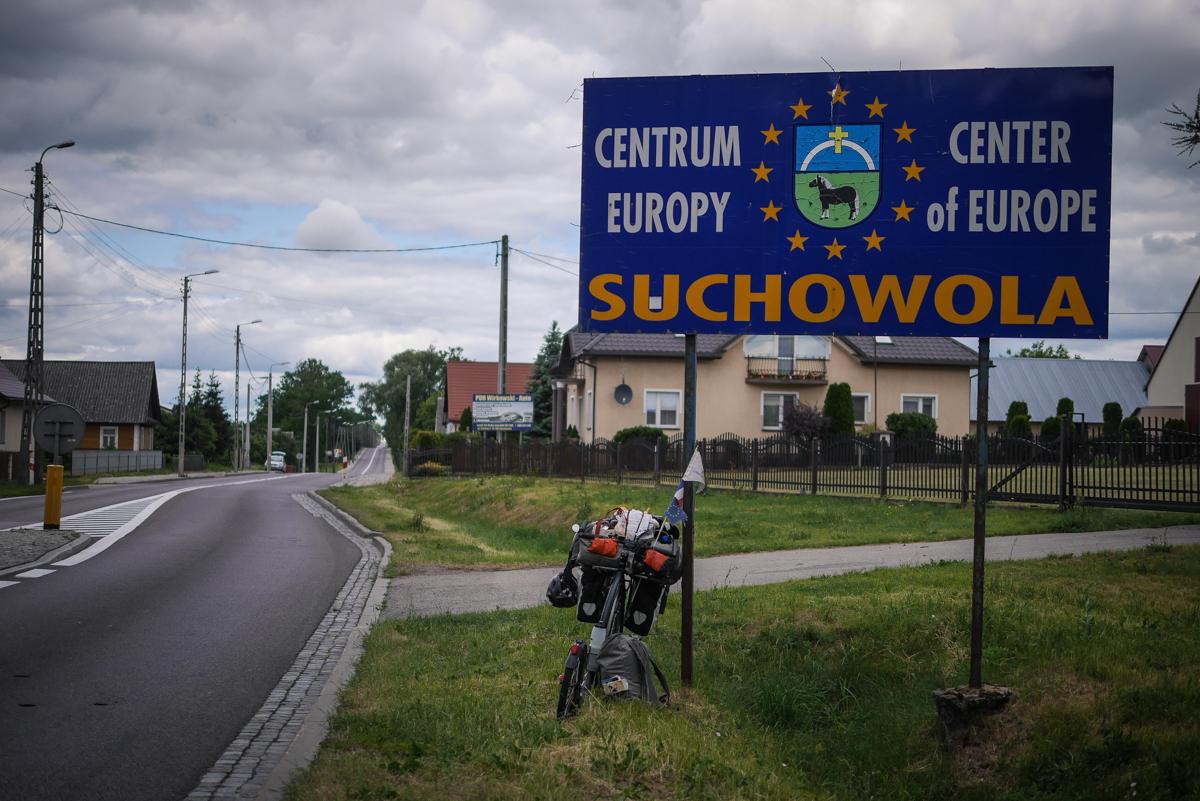
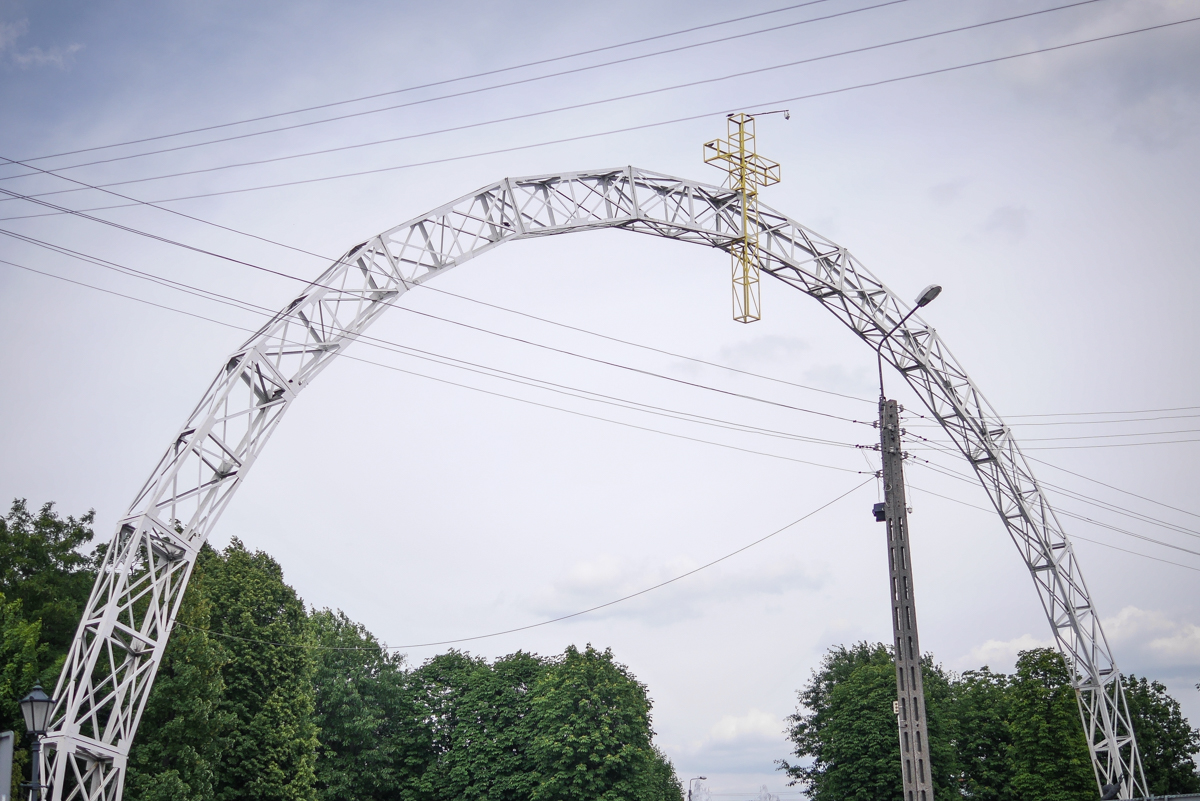
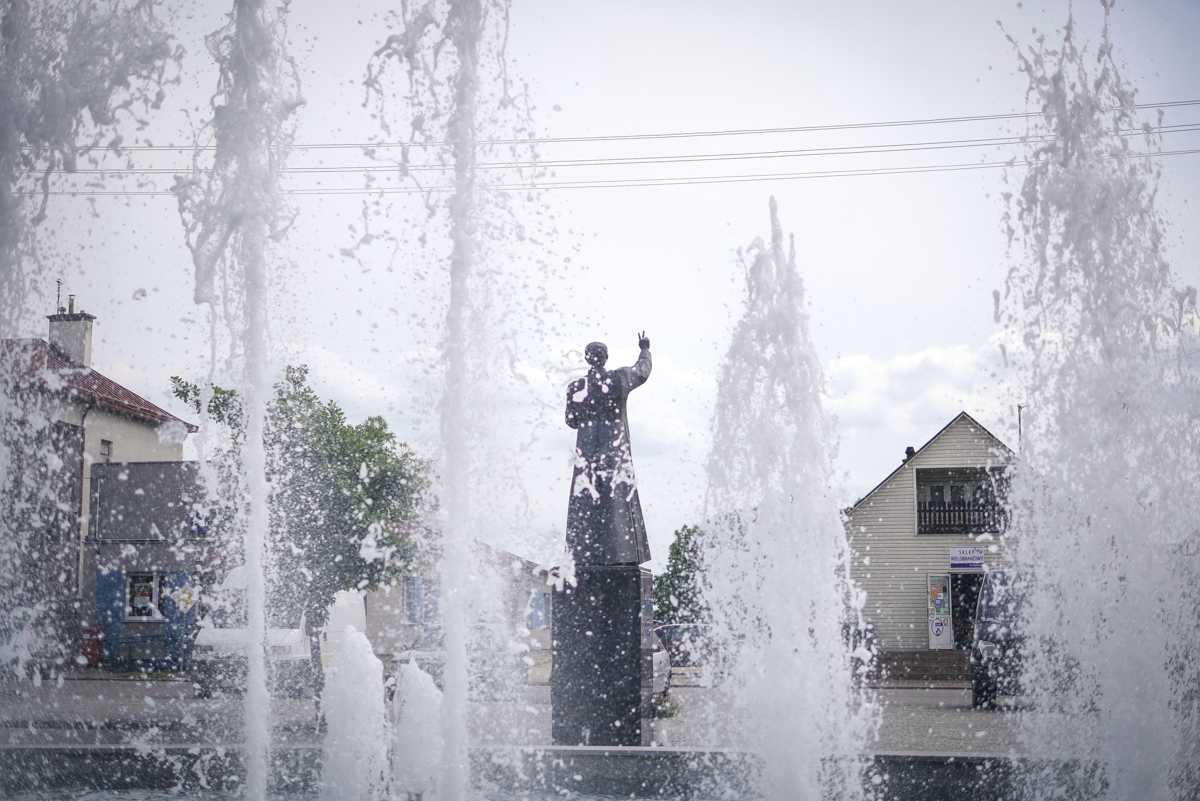
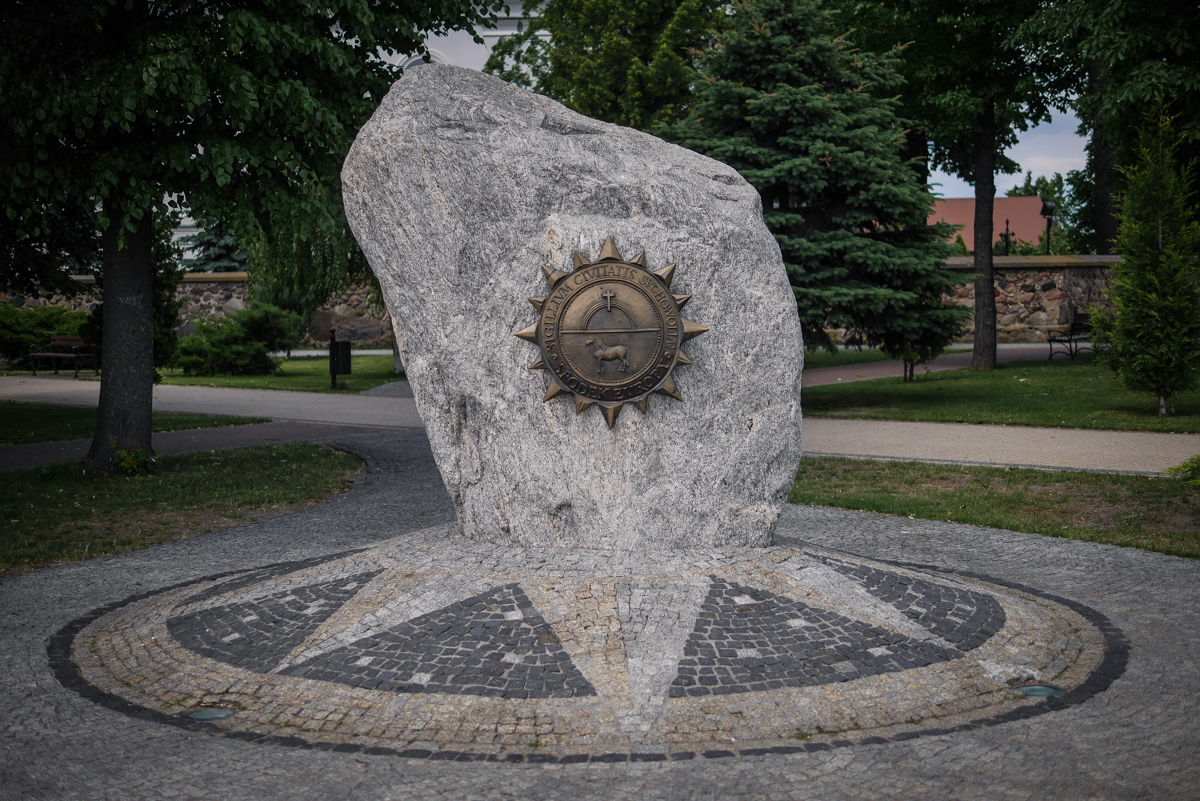
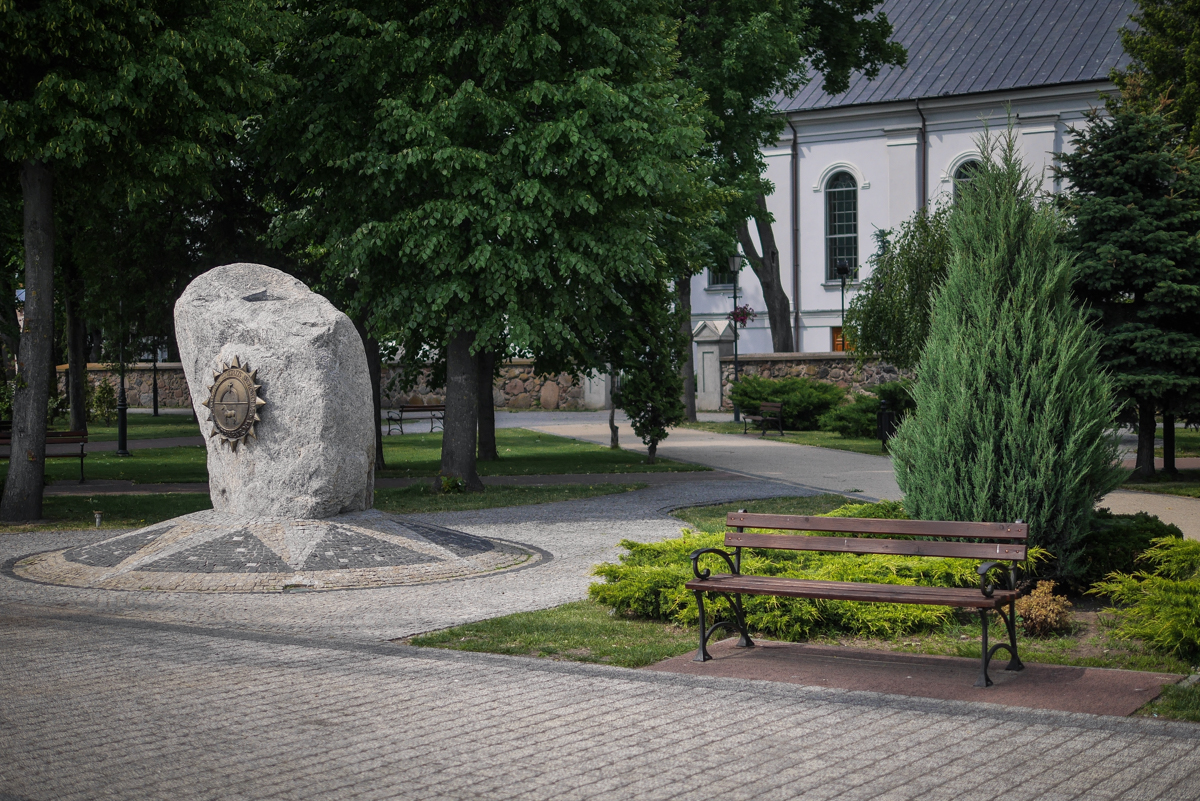
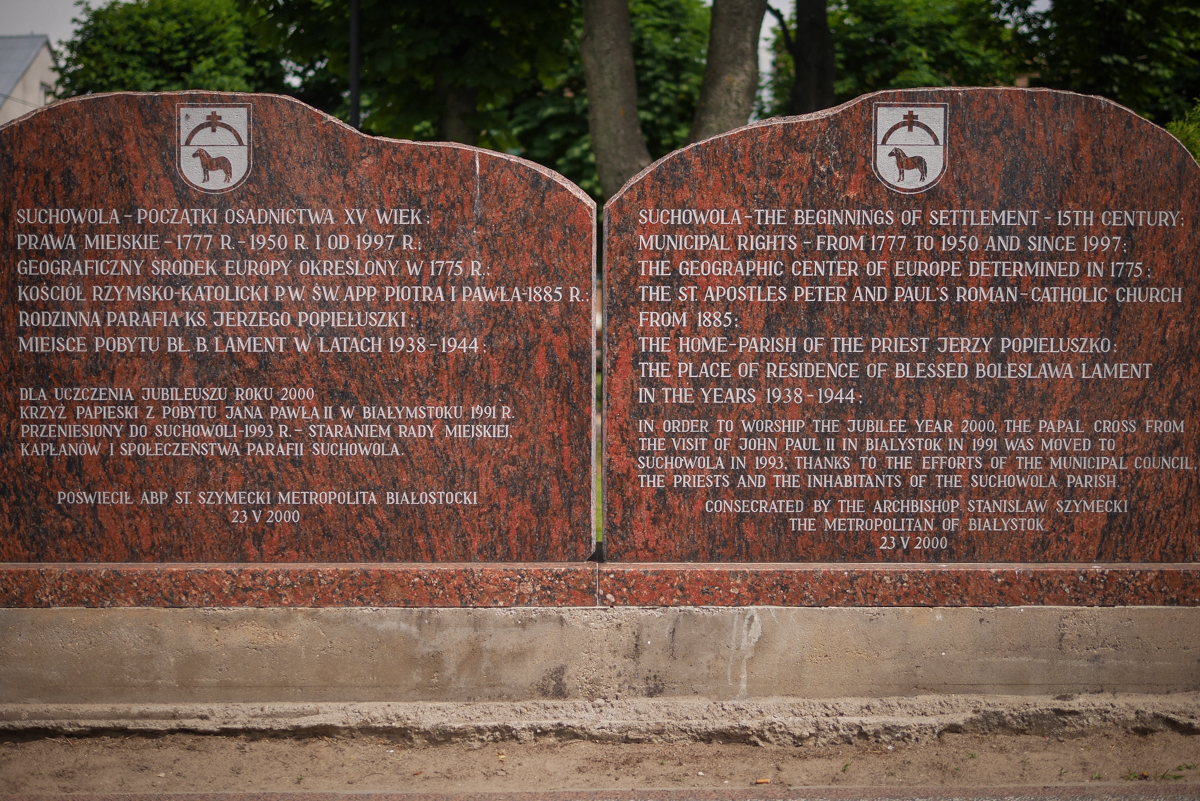
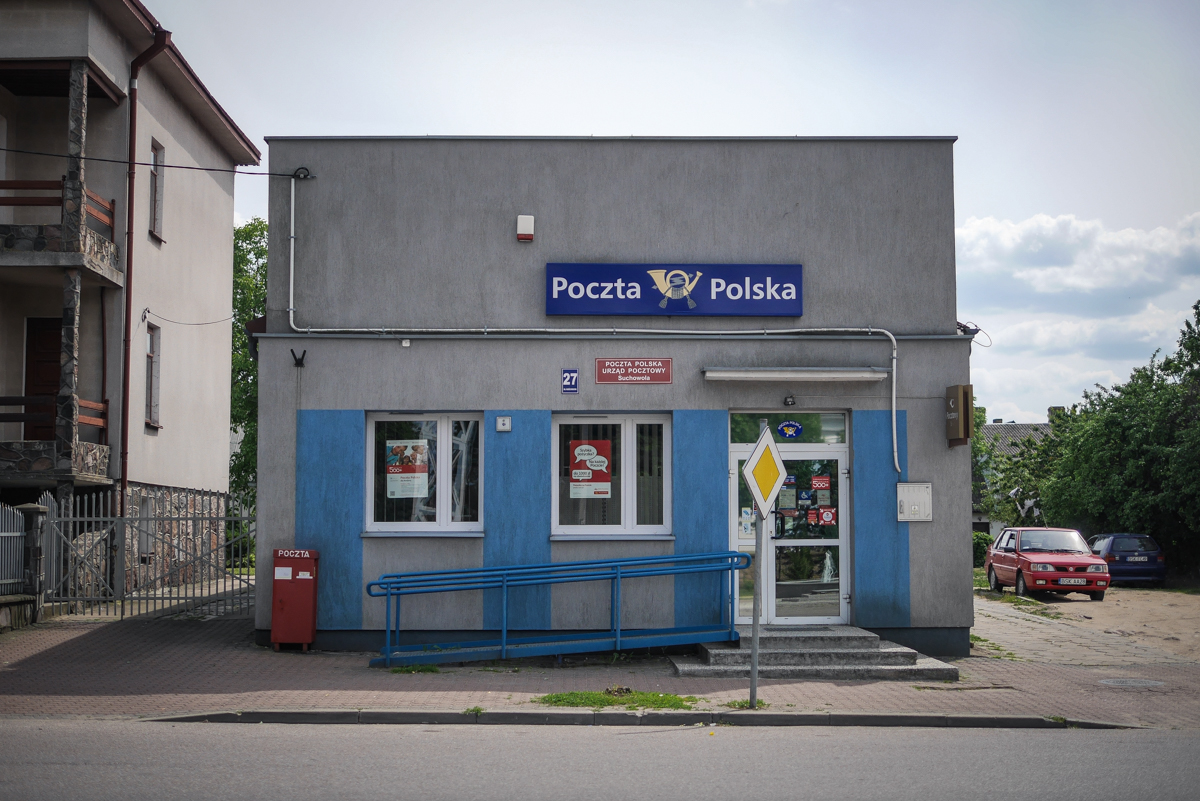
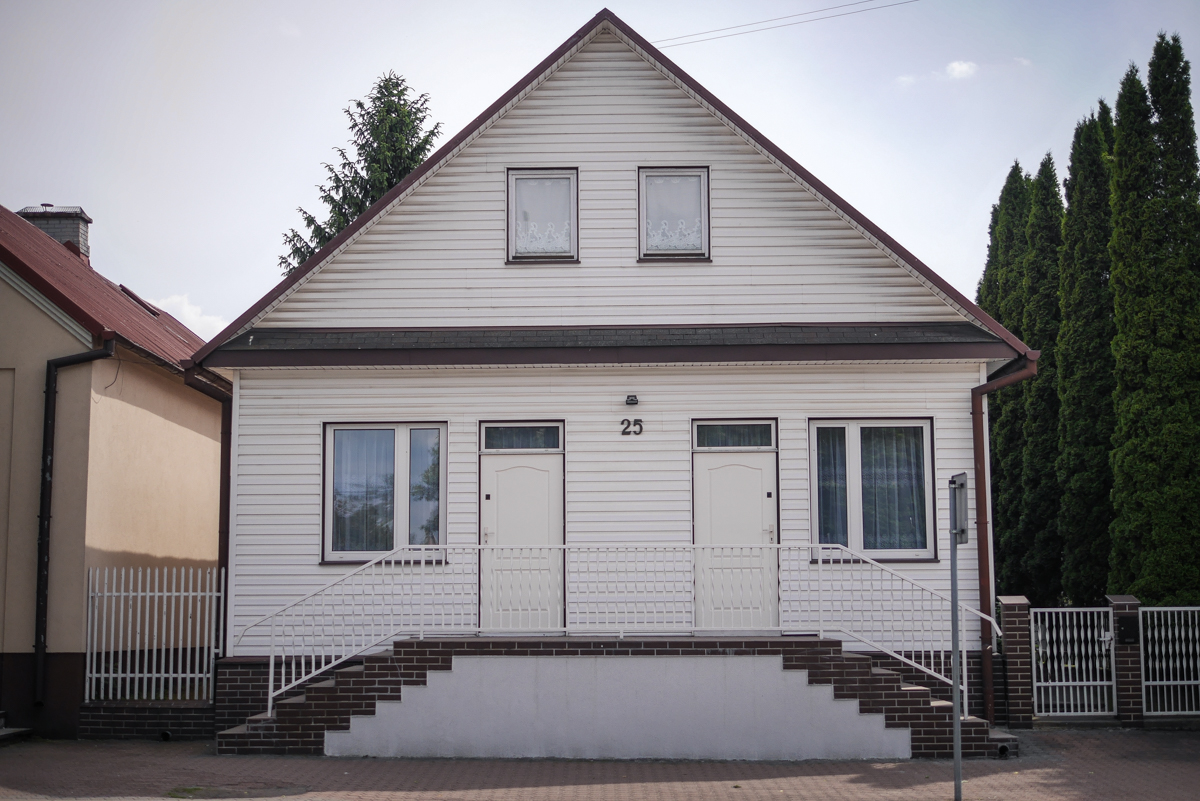
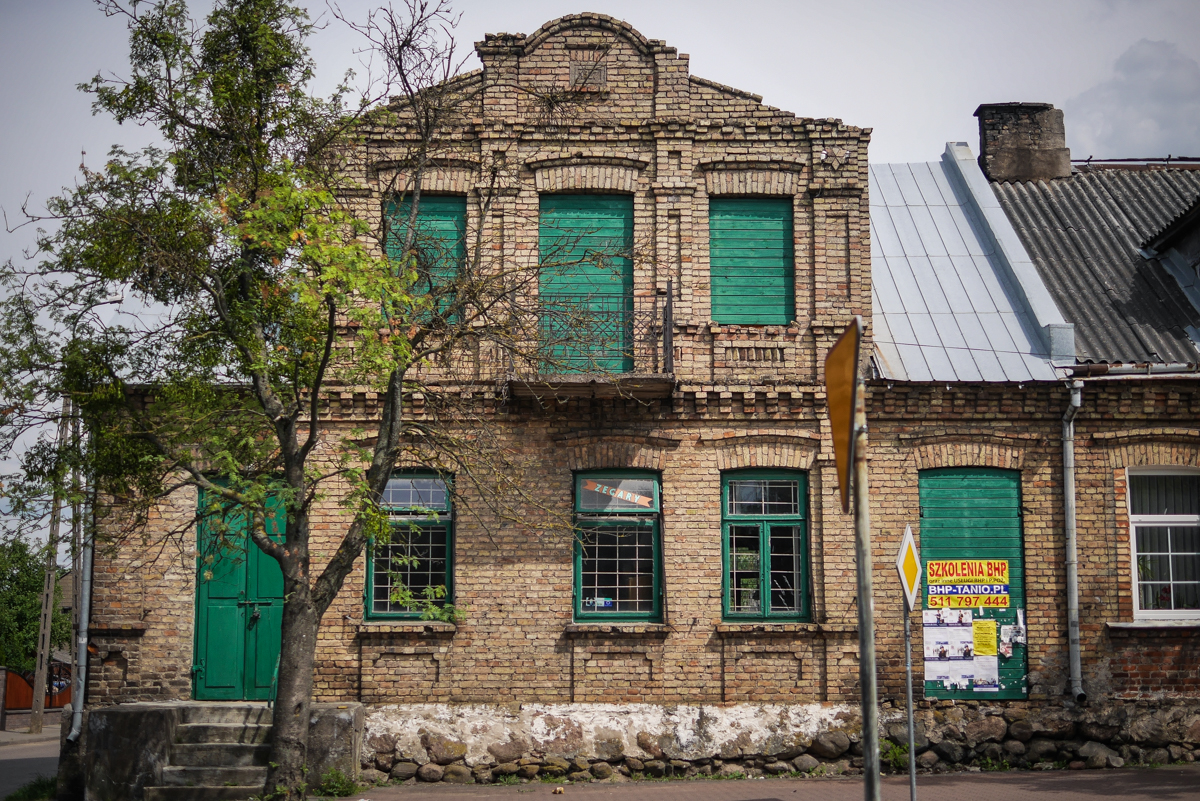
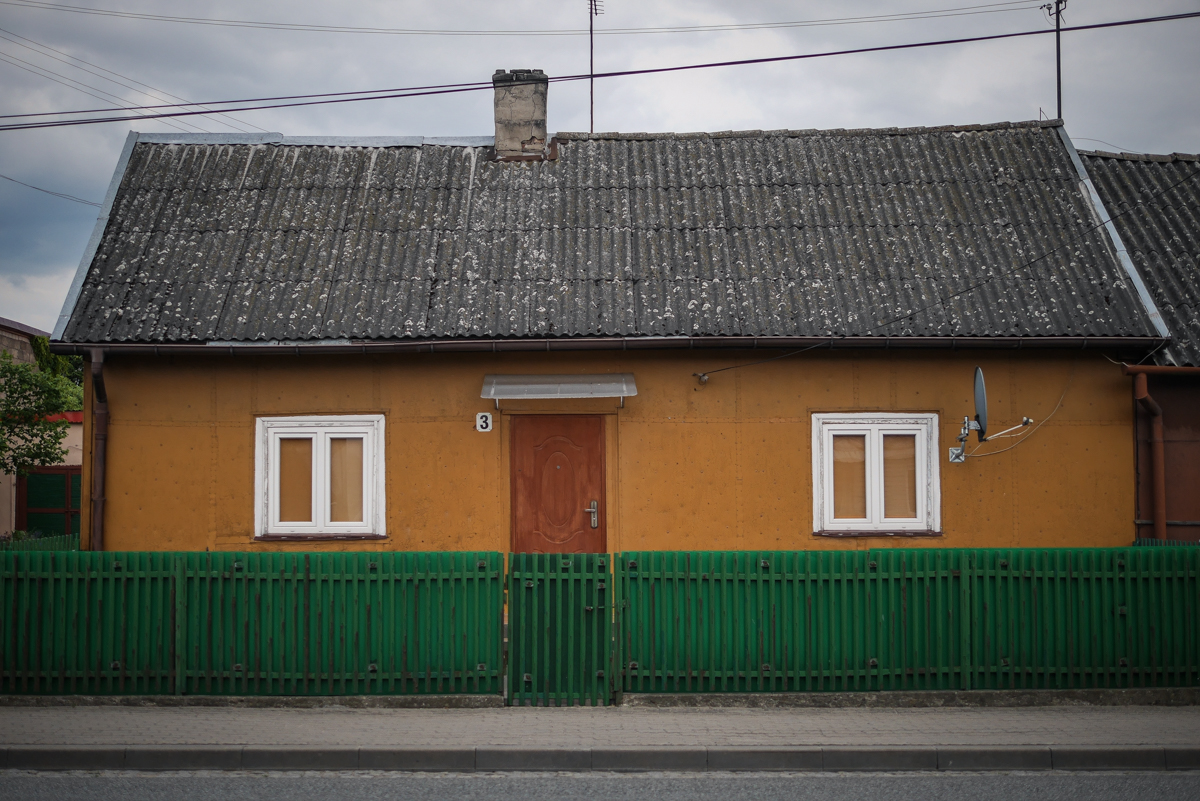
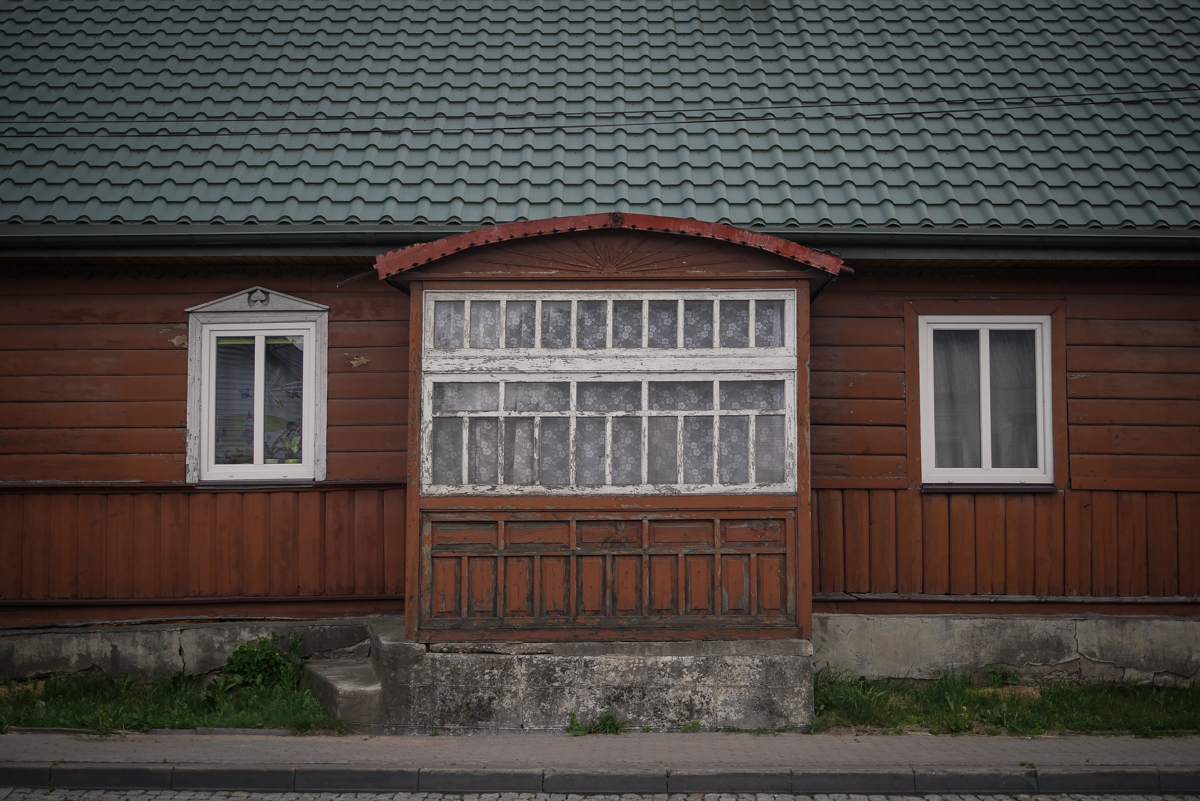
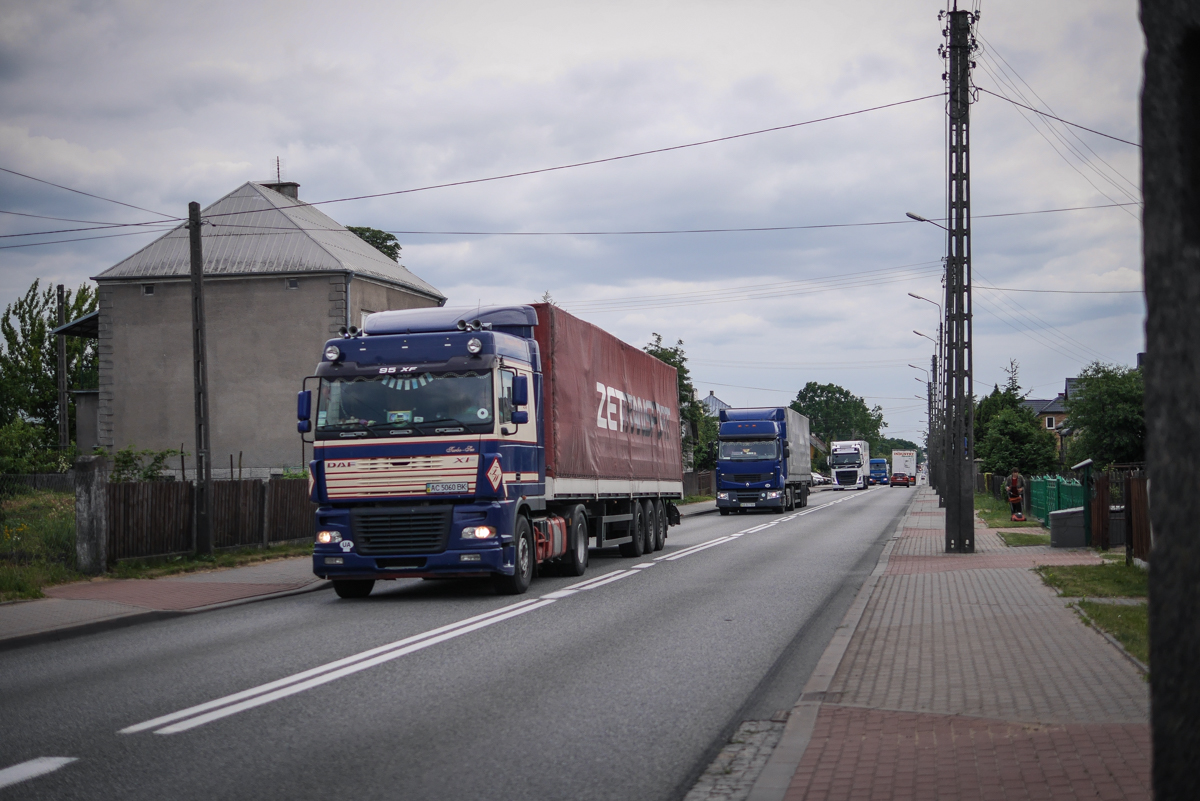
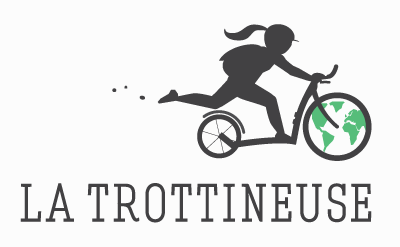
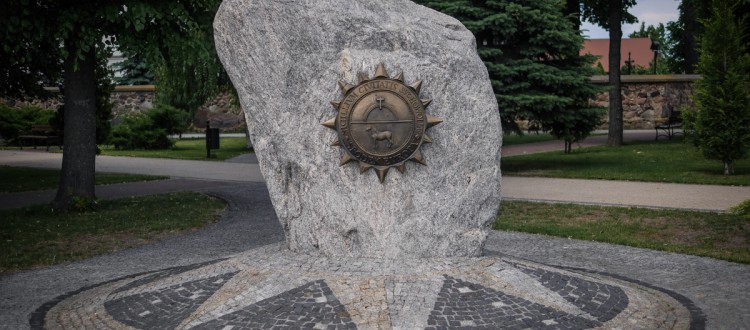







 You can be part of the adventure by making a donation or offering gear to La Trottineuse.
It will be help me kick further during the humanistic challenges: by contributing to logistics (food and punctual accommodation, ferries), equipment and communication.
Merci :)
Or you can contact me directly to obtain bank account details or any other infos : hello[at]latrottineuse.com
You can be part of the adventure by making a donation or offering gear to La Trottineuse.
It will be help me kick further during the humanistic challenges: by contributing to logistics (food and punctual accommodation, ferries), equipment and communication.
Merci :)
Or you can contact me directly to obtain bank account details or any other infos : hello[at]latrottineuse.com